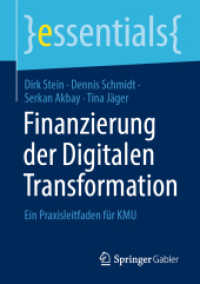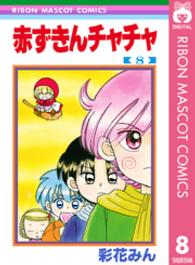- ホーム
- > 洋書
- > ドイツ書
- > Humanities, Arts & Music
- > Music
- > musical equipment
Description
(Text)
Das 'dritte Schöpfungswort' des Titels bezieht sich auf Verse aus Rilkes Stundenbuch, welche die Furcht davor bekunden, was Gott nach 'Licht' und 'Mensch' wohl noch an heiklen Experimenten einfallen werde. Schultz konterkariert den Text, indem er ihn mit dem monolithischen, von der Richtigkeit göttlichen Handelns durchdrungenen Beginn des 1. Buches Mose im Alten Testament sowie mit Zeilen des persischen Dichters Rumi in der Übertragung Friedrich Rückerts verbindet. Letztere bekunden die tröstliche Gewissheit der Wiedergeburt als immer höheres Wesen bis hinauf zum unbegreiflichen Gotteshauch. Der Komponist vollbringt das Kunststück, alle drei Ebenen zu einem komplexen, ätherischen Gebilde zu verflechten, in dem dennoch die Worte immer klar verständlich bleiben.Schwierigkeitsgrad: 4-5
(Text)
The title's Third Word of Creation refers to verses from Rilke's Book of Hours which indicate the fear of what other delicate experiments God might come up with after 'light' and 'man'. Schultz contradicts the text by combining it with the monolithic beginning of the First Book of Moses in the Old Testament, which is imbued with the rightness of God's actions, as well as with lines by the Persian poet Rumi in the translation by Friedrich Rückert. The latter indicate the comforting certainty of rebirth as a higher being up to the unfathomable spirit of God. The composer accomplishes the feat of weaving all three levels into a complex, ethereal structure in which the words nevertheless always remain clearly understandable.Instrumentation:mixed choir (SATB divisi) a cappella








